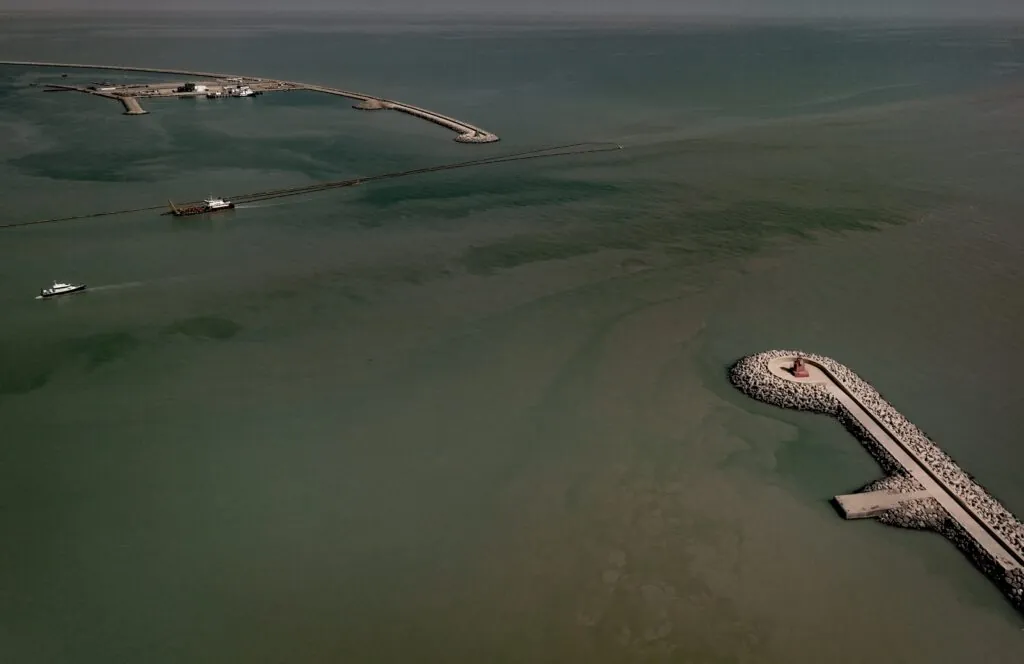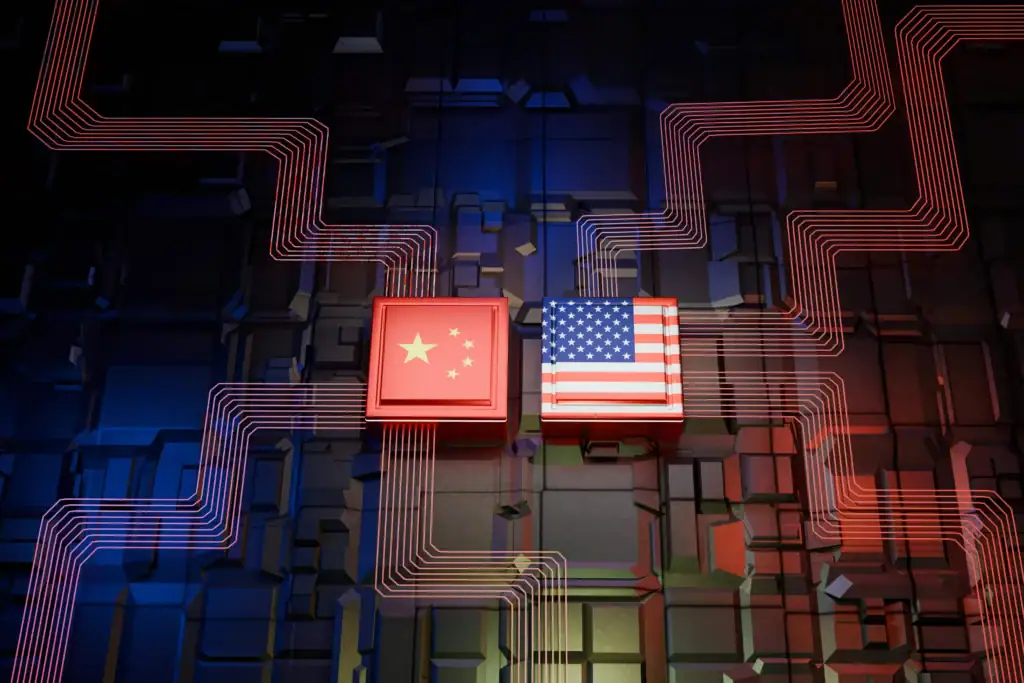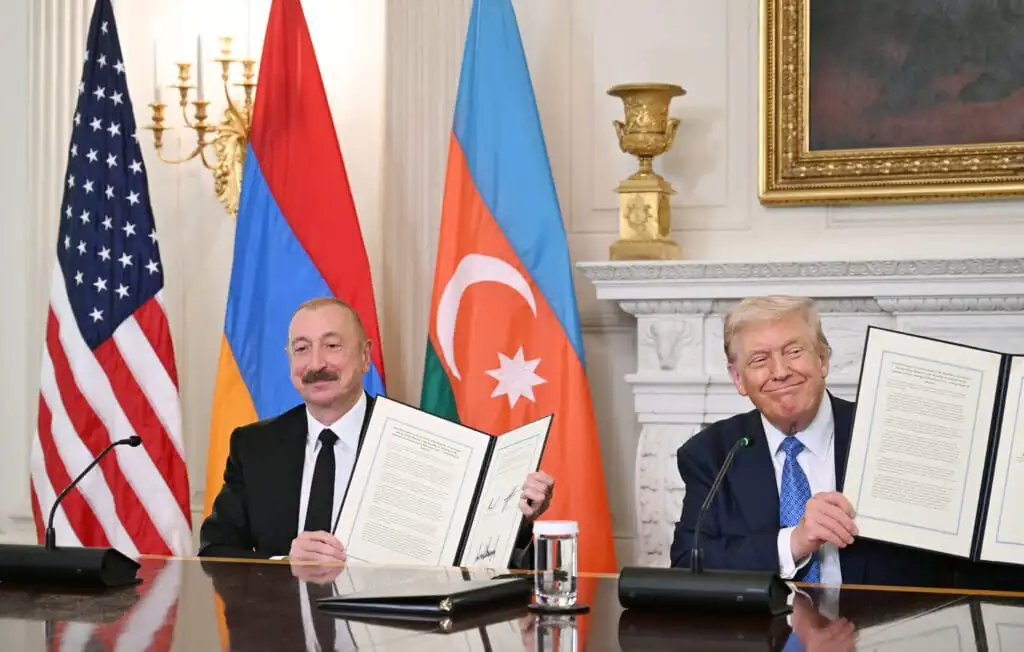
The Double-Edged Sword: New Technologies to Win the War on Fake News
This report is part of the larger compendium “Future-Proofing U.S. Technology: Strategic Priorities Amid Chinese Tech Advancement.”
Read the full report
Read the full compendium
Executive Summary
Misinformation and disinformation are among the United States’ most pressing concerns. Technologically sophisticated foreign actors, such as Russia and the People’s Republic of China, use influence campaigns as a disruptive tool to amplify discontent, shape election results, and blur the lines between fact and fiction. While emerging technologies like artificial intelligence and advanced social media algorithms offer significant benefits to society, they are also frequently exploited for disinformation, making careful oversight and policy reform essential to safeguarding U.S national security. Social media accounts and bot networks rapidly disseminate fake news to influence American perceptions of domestic and foreign policy events. Additionally, deepfakes and generative AI can produce highly realistic images and videos that many Americans struggle to recognize as fake. These efforts combine to assist the foreign policy goals of malign actors and pose destabilizing risks to American society.
Technology’s role in foreign influence campaigns
This paper examines the dual role of technology in both spreading and countering fake news. It also discusses China’s use of these technologies to influence events in the United States such as the COVID-19 pandemic and federal, state, and local elections. While China’s objectives in spreading fake news may not always be clear, countering its efforts to manipulate U.S social media platforms to influence American perceptions of domestic and foreign affairs remains essential. Additionally, the paper discusses the challenges U.S. companies face in addressing this issue while navigating partisan divides over censorship and inflammatory messaging.
The popularity and influence of platforms like TikTok, with over 170 million American users, show the difficulty the government has in striking a balance between highlighting foreign influence to the public, bolstering national security and protecting freedom of speech. Existing laws, such as the Foreign Agents Registration Act can be utilized to hold foreign state-owned companies, media, and individuals responsible for acting as agents of foreign nations to advance their geopolitical goals. The paper ends with thirteen recommendations for U.S. policymakers to combat misinformation and disinformation as well as three detailed ones summarized below.
Policy Recommendations
- A State-Funded Transparency Panel: Establishing an information transparency panel to investigate the most severe cases of fake news propagation, publish findings, and clarify information with linked sources.
- A Government-Led Awareness Campaign: The U.S. government could bring together divergent strands into a single aligned campaign encouraging the public to do their own research. Alternatively, a new remit could be given to the FCC as part of its broader responsibility for strengthening the nation’s communications infrastructure.
- Support for New Platforms: Prioritize new entrants that set tackling of fake news as their core mission.
The views expressed in this article are those of the author and not an official policy or position of New Lines Institute.




